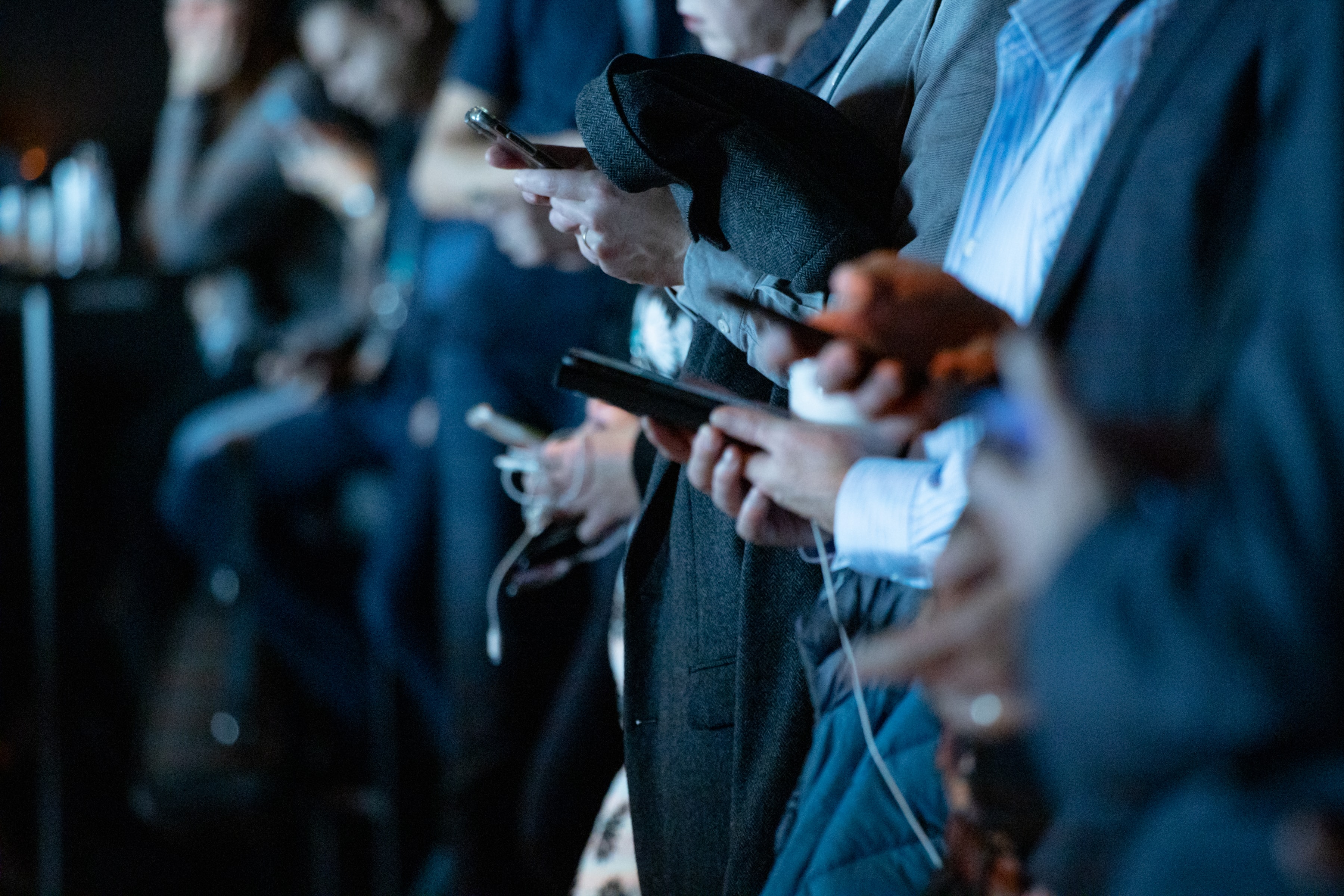How Social Media Impacts Mental Health—and What to Do About It
The pandemic forced us to spend more time than ever on social media. In its aftermath, it's time to reclaim our attention.
The Sukha
Save time with Sukha
The Infinite Scroll
Our lives have been irrevocably changed.
We all know the challenges of masks, remote work, and social distancing. While our physical world shifted underneath our feet, our relationship to the digital world has evolved as well.
During the lockdown, the amount of time we spent online skyrocketed: Americans spent an average of 82 minutes per day on social media in 2020, a seven-minute jump from 2019.
While social media has provided a means to stay connected, it's also been a vehicle for escape. TikTok and Instagram Reels ushered in a new era of short video sharing as well as a shift in how we view social media and the content we post.
The result: many of us post less but scroll more.
Seeking Out Our Better Angels
What's appropriate content during and after a pandemic?
With daily death tolls in the thousands, do we lean toward “slice of life” videos to cover the gravity of the moment, or is that inappropriate and trivial? Does anyone actually care about our workouts or what we ate for breakfast?
These past few years have forced us to question what we value.
The urge to delete social media has, ironically, been very common on social media. Users have increasingly discussed deleting their accounts.
Memes, dance challenges, and cat videos are not all that social media provides. For better and worse, these platforms also serve as a source of news and connectivity.
Black Lives Matter organized protests and marches through their channels and followers in a display of the benefits of digital meeting spaces.
Conversely, social media platforms became a staging ground for rioters to plan their Capitol insurrection, raising questions about whether Section 230 needs an amendment to hold big tech companies like Facebook and Twitter accountable.
Negativity has been normalized. The union of social media and a global pandemic created a dangerous intersection for our worst impulses.
There are ways for our better angels to shine through, however.
Navigating the Digital Landscape
In light of the present pandemic, mental health problems have risen alongside social media exposure.
For instance, a 2020 study of citizens in Wuhan discovered significant increases in depression, anxiety, and a combination of depression and anxiety. Eight-two percent of participants that were frequently exposed to social media reported higher instances of anxiety.
While social media offers connection when we can’t physically be together, it’s important to be mindful of our habits.
Everyday habits can easily cross the line into addiction. A few important steps can help you mitigate this slide and regain control.
- Turn off your notifications. Pop-ups capture our attention and pull focus away from what we should be doing. Notifications make you feel obligated to check messages or comments. By eliminating notifications we take back control. From there, designate specific, limited times to check social media.
- Disconnect at least one day a week. Choose one day to completely abandon social media. Reconnect with loved ones or work on a passion, which will recharge your mental and emotional energy.
- Detox. Investigate what you follow and the types of feeds you consume. Is any of it providing value or only fueling negativity? Hit that unfollow button if the latter.
- Set clear boundaries. Schedule "device-free" times of the day—dinner time or two hours before sleep, for example. Charge your phone away from your bedside so you resist the temptation to grab your phone as soon as you wake up. This simple habit sets the tone for your day.
Social media is an unavoidable (and sometimes rewarding) part of our lives, but it doesn't have to be all-consuming.
Create boundaries and reclaim your time and attention.
